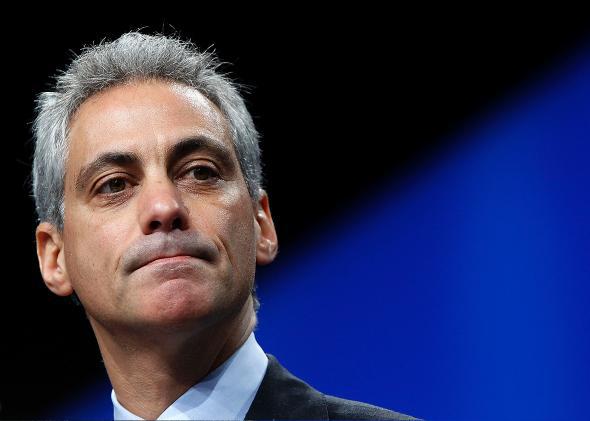Is Obamacare in trouble? This week, UnitedHealth Group, America’s largest health insurer, announced that it had sustained heavy losses in selling insurance on the Obamacare exchanges and that it might be forced to pull out of the exchanges altogether. The news from other insurers is not much better. Aetna, Anthem, and Cigna, three of UnitedHealth’s biggest competitors, will no longer offer exchange coverage in a number of counties across the country, which could be a sign that they’ll retrench even further in the future. You might have heard that insurance premiums on the exchanges are rising substantially, which isn’t exactly welcome news. But the bigger problem is arguably that insurers have been trying to hold down premium increases by narrowing the range of providers in their networks and hiking deductibles as high as they can. The result has been a spate of stories about disgruntled insurance beneficiaries, many of whom blame Obamacare for their woes. None of this is to suggest Obamacare is about to get repealed. President Obama would veto any legislation to that effect. Nor does the parlous state of the exchanges have any effect on the Medicaid expansion, which has greatly increased insurance coverage in the states that have accepted it.
Yet the problems facing the exchanges are important all the same. During the Obamacare debate, Democrats were divided over whether they ought to pursue a comprehensive overhaul of federal health insurance policy or if they should instead pass a “skinny bill,” an incremental, stripped-down version of Obamacare that would just include popular provisions like expanding Medicaid and imposing new consumer-friendly regulations on insurers. George W. Bush presided over a big Medicaid expansion, so why couldn’t Obama? Proponents of a “skinny bill,” like Rahm Emanuel, then President Obama’s chief of staff, warned that there wasn’t enough public support for anything more ambitious.
Advocates of a more comprehensive approach won out, in large part by arguing that you couldn’t prevent insurers from denying coverage on the basis of pre-existing conditions (popular) without also ensuring that healthy people had little choice but to buy coverage (unpopular). That’s because, if people didn’t buy coverage when they were healthy, they might just buy coverage when they developed expensive illnesses, which would mean insurers would have to spend huge amounts of money to finance medical care for the sick without the financial cushion of insurance premiums from the not-sick. This is why Obamacare was designed with carrots, like generous subsidies for low- and middle-income households to buy insurance coverage, and sticks, like the individual mandate penalty and a limited open enrollment period.
So far, at least, Obamacare’s mix of carrots and sticks isn’t working terribly well. The reason insurers are having such a hard time is that the people who are buying insurance on the Obamacare exchanges are in much poorer health than insurers had anticipated, partly because healthier people are shying away from buying policies they consider much too expensive. You could call it Rahm’s revenge—the whole point of passing a more ambitious, more politically risky version of Obamacare was to get enough healthy people to buy coverage, and that’s exactly what hasn’t been happening.
This is not to say that healthy people won’t eventually be corralled into buying insurance on the Obamacare exchanges. The individual mandate penalty is set to increase dramatically over the next two years, which might persuade some stragglers to buy insurance policies they don’t find particularly attractive. It’s just not clear that a “buy this insurance policy—or else” message will sell politically.
Does this mean that Obamacare opponents now have the upper hand? Many conservatives, like Byron York of the Washington Examiner and Jeffrey Anderson of the 2017 Project, believe so. They see Obamacare’s woes as a political opportunity for Republicans, and they might be right. The possibility they neglect, however, is that even though many middle-class voters are frustrated by Obamacare, the Democrats’ most potent argument in its favor has always been the protection it offers the sick. Yes, the Obamacare exchanges are proving to be as dysfunctional as many conservatives had anticipated. But until Republicans can make a convincing case that they will do a better job of meeting the needs of Americans with pre-existing conditions, Obamacare is here to stay.
